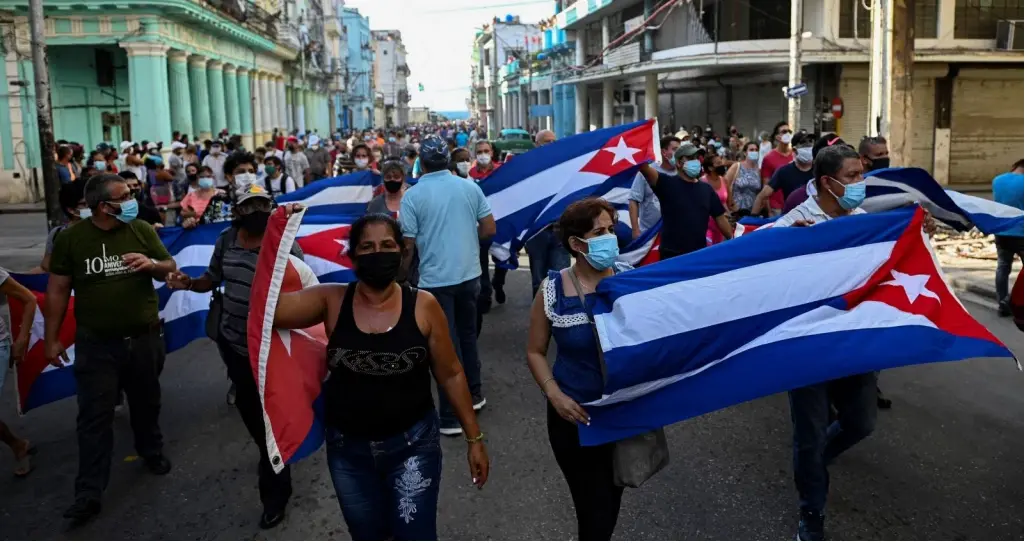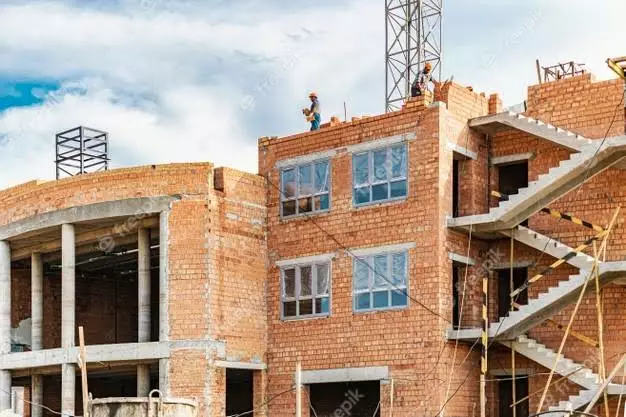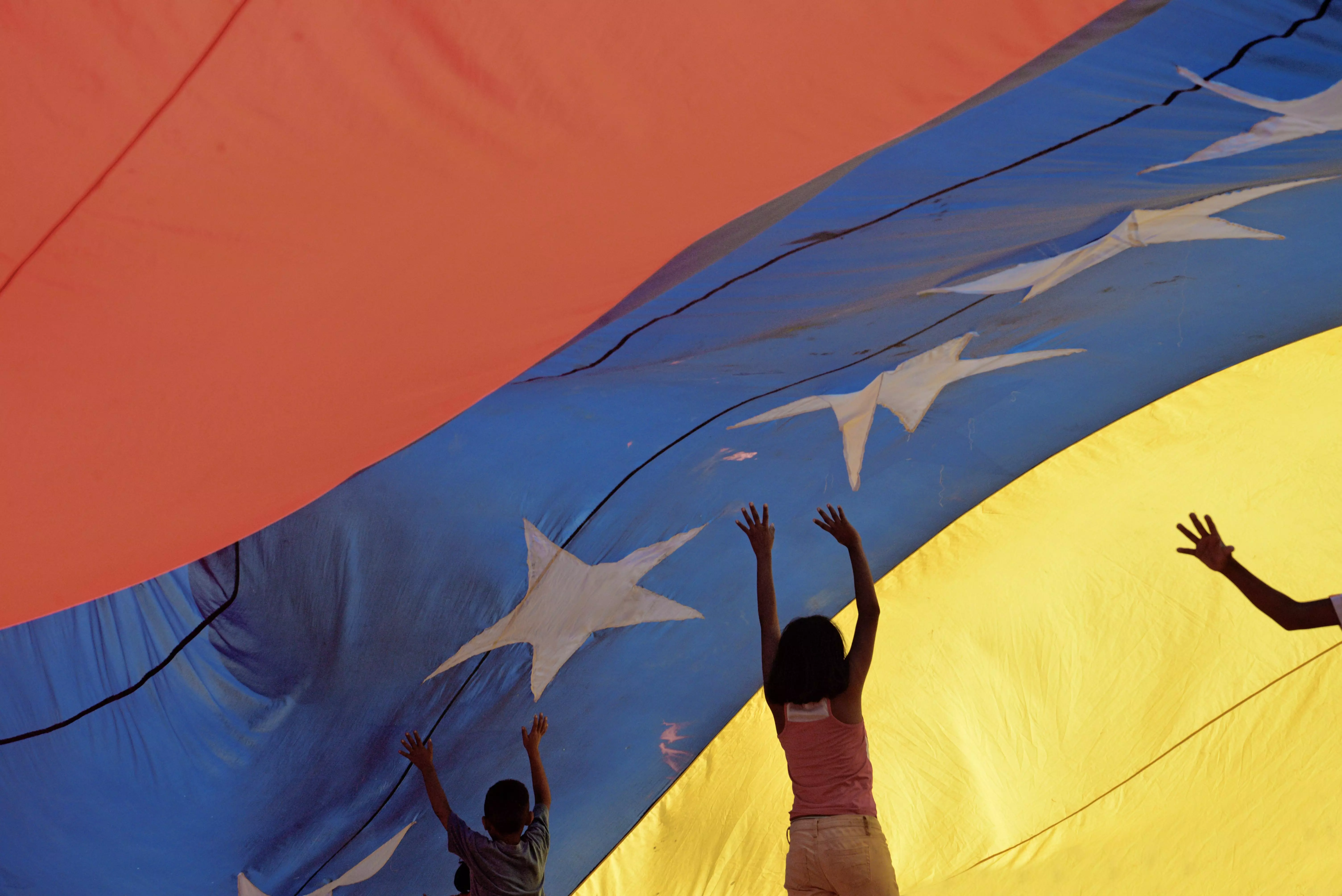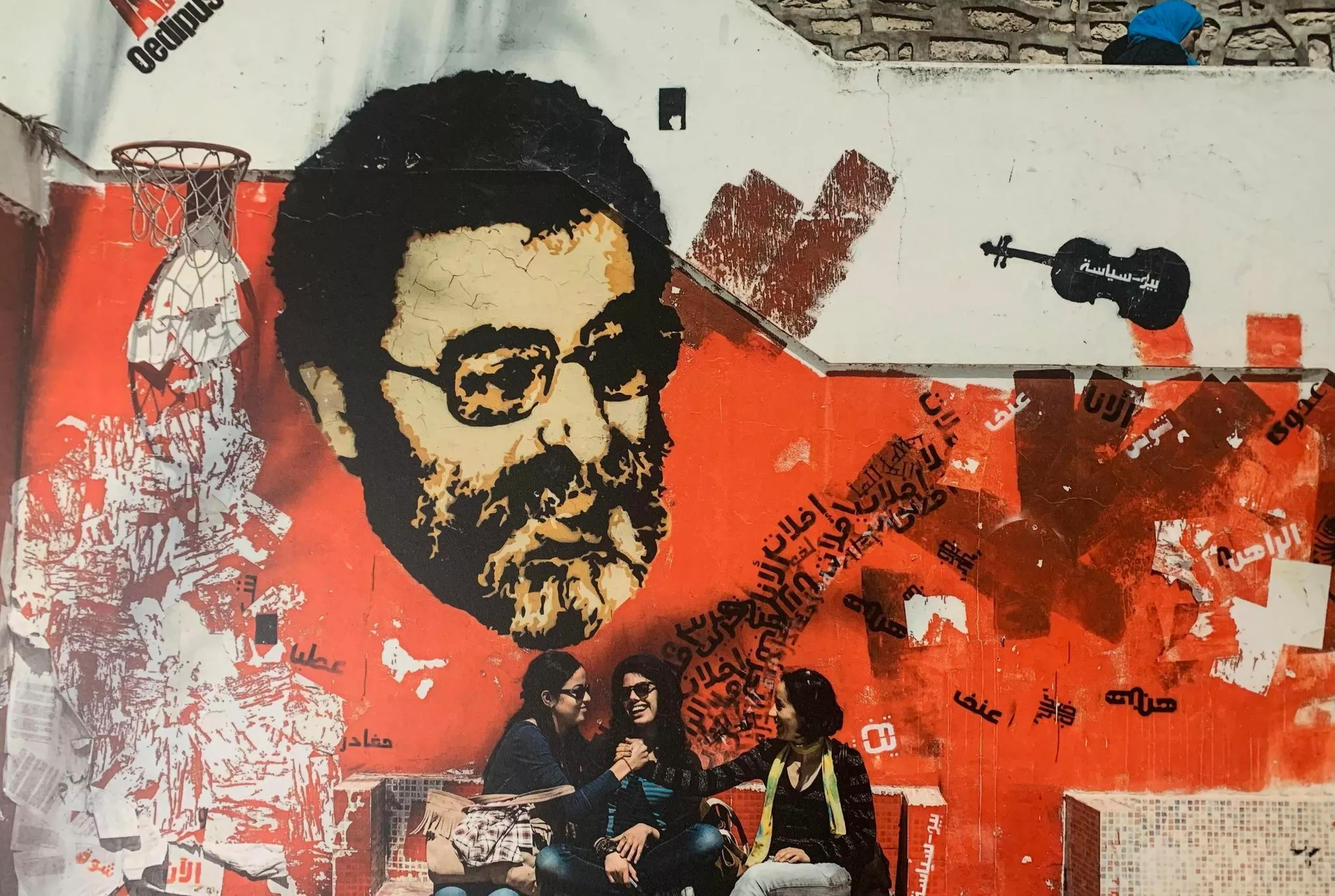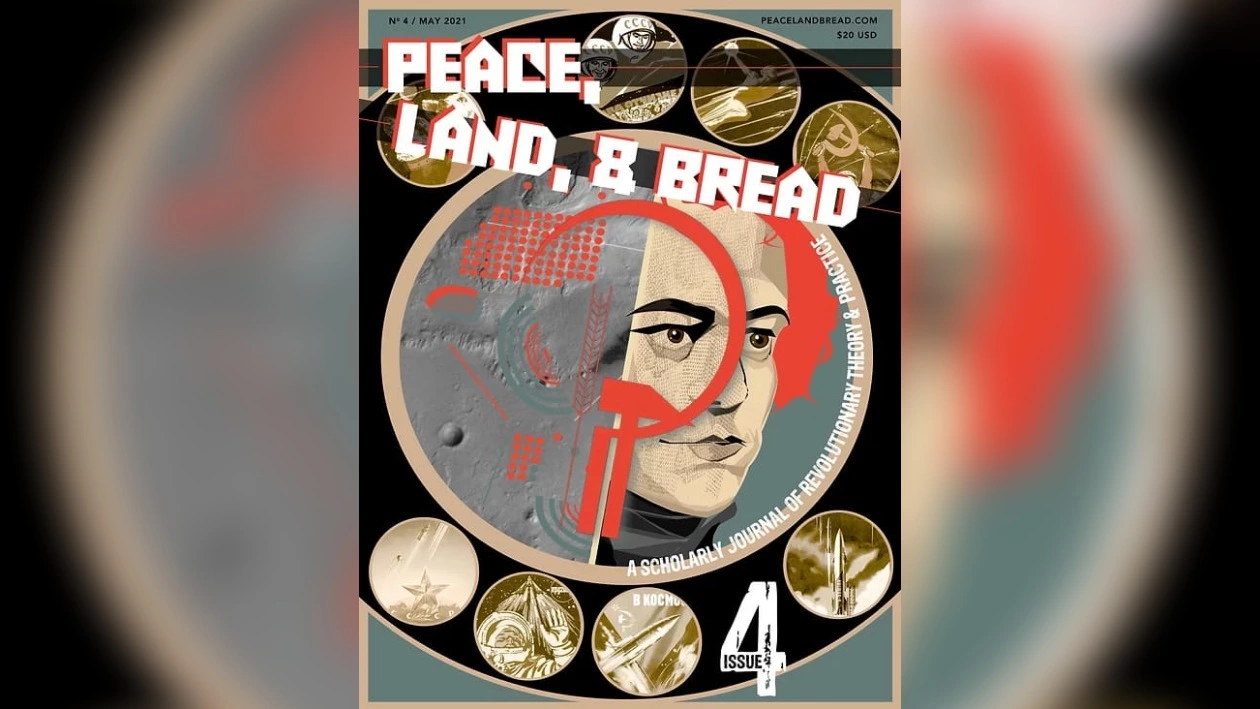Anti-government demonstrators hit the streets of Havana over the weekend protesting Cuba’s diminishing resources to fight the COVID-19 pandemic, among other shortages. The island nation is seeing a sharp increase of Coronavirus cases, hitting an all-time high of 6,923 on Sunday.
With resource scarcity arising from the US blockade, it is understandable that frustration is growing among some Cuban people. Many demonstrations have come out against the long-standing embargo and its suffocating effect on the Cuban economy. These protests, however, are different, as demonstrators have been seen wielding flags donning the stars and stripes and shouting slogans in favour of liberalisation. Most mainstream news outlets have pointed out that it seems as though there is a Cuban anti-communist outcry. But is this really the case?
What first becomes apparent while watching these protests is that they seem somewhat sparse. The BBC has reported that “thousands” have participated, but that number has not been confirmed anywhere, and none of the footage seems to show anywhere near that many people. On the other hand, counter-protests in defence of the government seem to be much more substantial in size and strength. Anti-government protests are rare in Cuba, as much is admitted by outlets like the BBC, while the defence of the Cuban revolution has always been plentiful even through all of the island’s struggles. This closer inspection makes these new protests look somewhat odd.
It seems as though with the heavy coverage by western media sources along with the promotion of social media campaigns like the recent #SOSCuba, there is intention to inflate and exaggerate the anti-government sentiment in Cuba. This paper tiger of sorts has been highlighted by Cuban President Miguel Díaz-Canel who called the demonstrations “counter-revolutionary, mercenary, and sold out to the government of the United States […] receiving money from the agencies, allowing themselves to be carried away by all these strategies of ideological subversion that provokes destabilisation in our country.”
The president’s charge of US collusion regarding the protests would certainly not fall out of line with the record of US interference and aggression toward the island along with the entirety of Latin America. From the failed Bay of Pigs invasion of 1961 and countless assassination attempts of Fidel Castro to as recently as 2019, the coup in Bolivia, the US has always sought to subjugate Cuba and the broader Americas into its influence. Nations choosing the socialist path of development have been the main target of this assault since its inception. Democratically-elected leaders assassinated or couped, and countless mercenary groups hired to carry out the US agenda.
The calls for ‘democracy’ and ‘liberty’ by the US government and media cohorts are entirely disingenuous. The democracy they speak of is that of the US to dictate its will upon others, not for those to dictate their own will on their own lives. They seek to privatise and dismantle Cuba’s healthcare system that has sent doctors around the world to assist with the pandemic and recently produced their very own vaccine; to take control of Cuba’s natural resources and profiteer off of them as they once did before the revolution. Cuba’s thriving democracy, which attracts the participation of the vast majority of their society, is hindered by nothing other than the US and its allies.
The US blockade has cost the island nation over $750 billion in lost revenue from imports and exports. It holds no regard for the health and wellbeing of the Cuban people including restricting the influx of essential medical supplies. The alleged reasons for the shortages are almost always fabricated within Western media. The US uses Cuba as an anti-socialist talking point, blaming their system for their hardship rather than the broader geopolitical adversities imposed by the US themselves.
A recent UN vote to end the blockade, resulting in a count of 184 countries to 2 (the US and Israel) very well displays the unanimously observed severity of the policy, even among most western countries. Although the international body ruled so heavily against them, its is clear that the US’s anti-Cuban intervention and imperialism will only increase until their goals are met. The US has always sought to destabilise Cuba and its people, and these new protests are no different.
14
Jul
8:38am
Japhy Barrea. Challenge
